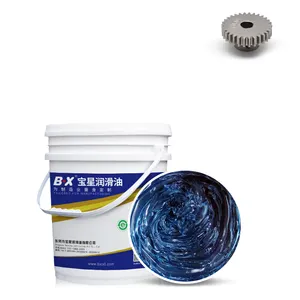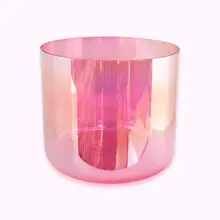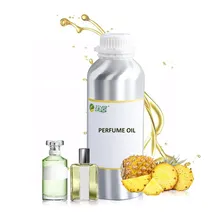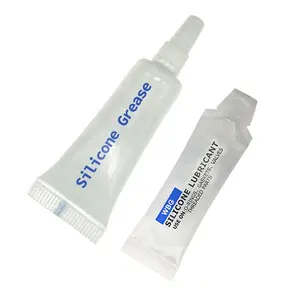Understanding Blue Grease
Blue grease is a specialized lubricant designed to cater to a variety of applications across different industries. This versatile product is essential for maintaining the smooth operation of machinery by reducing friction between moving parts, preventing wear and tear, and extending the lifespan of equipment.
Types and Applications
There are several types of blue grease formulations available, each tailored for specific uses. From high-temperature applications to food-grade requirements, the selection is vast. In industrial settings, blue grease is often utilized for machine bearings, gears, and motors. In the domestic sphere, it serves well for lubricating door hinges, garage door tracks, and small household appliances.
Features and Materials
The composition of blue grease typically includes a base oil, thickeners, and additives that enhance its properties, such as oxidation resistance and thermal stability. The thickeners can range from simple soaps to complex polymers, providing the grease with its characteristic consistency and application-specific features.
Advantages of Blue Grease
Utilizing blue grease comes with a plethora of advantages. Its distinctive color aids in application accuracy and maintenance checks. The product's resistance to water and steam ensures durability in moist environments, while its protective qualities help prevent rust and corrosion on metal surfaces.
Considerations for Sensitive Applications
For applications that involve direct contact with skin or where sensitivity is a concern, there are specialized variants of blue grease that are formulated to be less irritating. These are particularly useful in medical or personal care contexts where skin-friendly lubrication is paramount.
Environmental and Safety Aspects
Safety and environmental impact are important considerations when selecting a blue grease. Many products are now formulated to be non-toxic and eco-friendly, ensuring safe use in both industrial and household settings without compromising on performance.









































 浙公网安备 33010002000092号
浙公网安备 33010002000092号 浙B2-20120091-4
浙B2-20120091-4